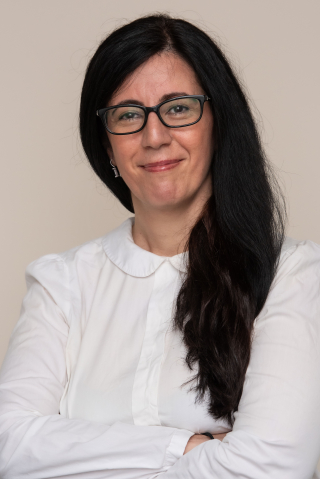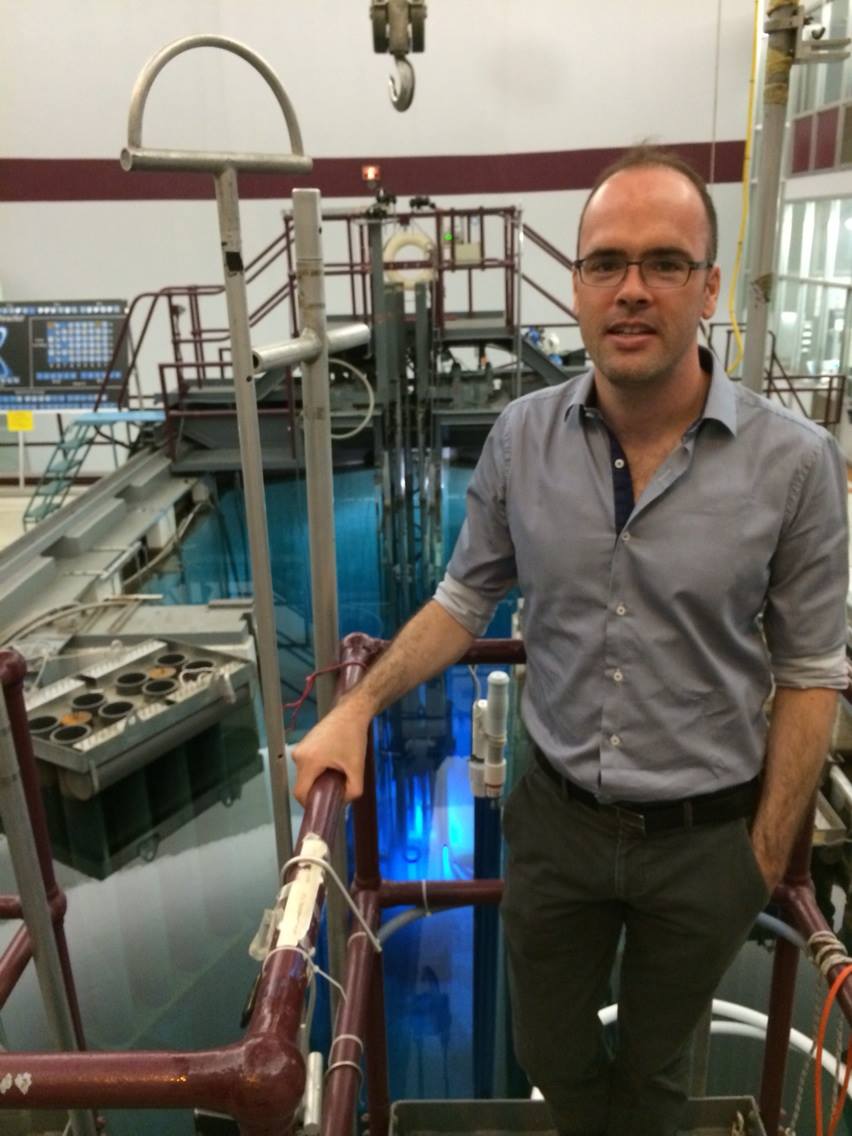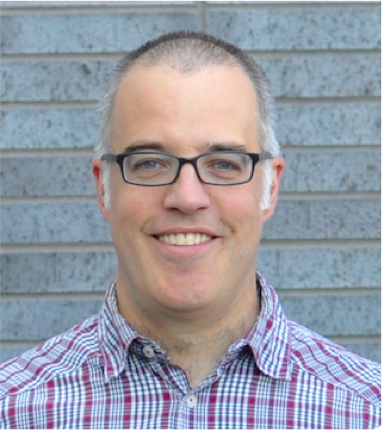Research at the Medical Physics Unit, performed by academic and clinical members, spans a wide range of topics that can be broadly classified under the following themes:
- Macrodosimetry
- Microdosimetry
- Device development
- Novel treatment techniques
- Magnetic resonance imaging
- Machine learning
- Radiation Oncology Informatics
- Radiotherapy & Side Effects
| SHIRIN ENGER RESEARCH GROUP (ENGER LAB) | |
|---|---|
 |
Engerlab research focuses on personalized radiotherapy treatments, improving outcomes through radiation dosimetry and delivery, and predicting treatment response using AI. |
| JOHN KILDEA RESEARCH GROUP (KILDEA LAB) | |
|---|---|
 |
The Kildea Lab at McGill University Health Centre studies cancer and radiation, developing software for a future learning healthcare system. The lab’s research focuses on neutron-induced carcinogenic effects, radiation oncology knowledge sharing, and the Opal patient portal. |
| NORMA YBARRA RESEARCH GROUP | |
|---|---|
 |
Current cancer therapies extend survival but often fail to eliminate cancer cells, leading to recurrence and side effects. The research program aims to improve disease-free survival and decrease side effects of cancer therapies. |
| TANNER CONNELL RESEARCH GROUP | |
|---|---|
 |
Generating high dose rates using laser-based sources. |
| DANIEL MARKEL RESEARCH GROUP | |
|---|---|
 |
Application of 3D technologies (scanning, modelling, printing) to 4D dosimetry and patient specific QA; Medical Physics |
| EMILY PORTER RESEARCH GROUP | |
|---|---|
|
|
The Electromagnetic Medical Technologies lab focuses on non-invasive non-ionizing health monitoring and imaging using radio-frequency-based sensing. Our research program aims to design, develop and test novel technologies to enable early detection of disease and regular patient tracking, incorporating wearables and digital health approaches.
|
| DAVID RUDKO RESEARCH GROUP | |
|---|---|
|
|
Signals and Systems, Biomolecular and Cellular Engineering, Imaging and Microscopy, Biomedical Modelling, Bioinformatics and Computational Biology |
| LOUIS COLLINS RESEARCH GROUP | |
|---|---|
|
|
Louis Collins heads the Neuro Imaging & Surgical Technologies (NIST) laboratory at the Brain Imaging Centre (BIC) of the Montreal Neurological Institute (MNI). His team develops and uses image processing techniques such as non-linear image registration and model-based segmentation to automatically identify structures within the human brain to study neurological disease and to build 3D anatomical models for neuronavigation. |
| PIOTR PATER RESEARCH GROUP | |
|---|---|
 |
Focusing on radiation therapy clinical development projects including advancements in cardiac radio-ablation, ultra-high precision linear accelerator quality assurance, and clinical workflow automation. |
| JAMES TSUI RESEARCH GROUP | |
|---|---|
 |
Dr. James Tsui is a Radiation Oncologist at the MUHC and Assistant Professor in Clinical Oncology at McGill University, with expertise at the intersection of machine learning and medicine. With a background in electrical engineering, computational neuroscience, and artificial intelligence, he aims to integrate AI-driven innovations into oncology research and clinical practice. |
| MARTIN VALLIÈRES RESEARCH GROUP | |
|---|---|
 |
Medical image analysis, machine learning, graph neural networks, federated learning, software engineering. |



